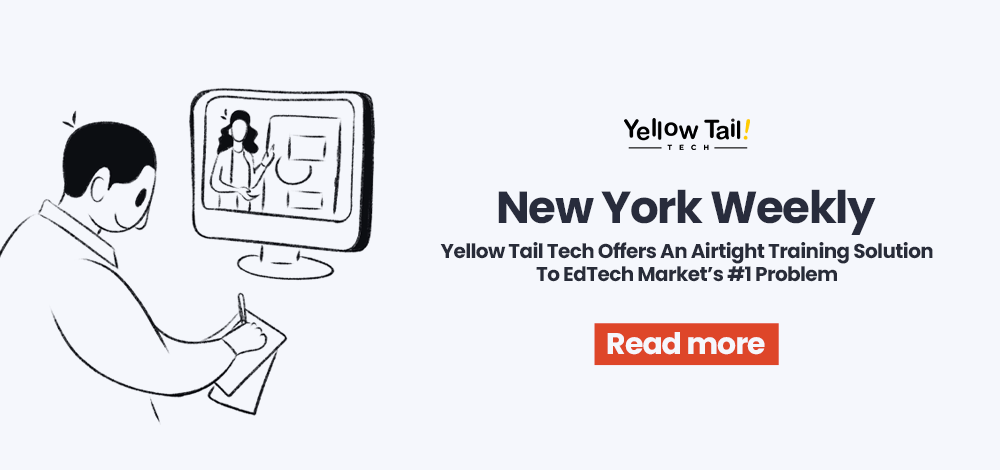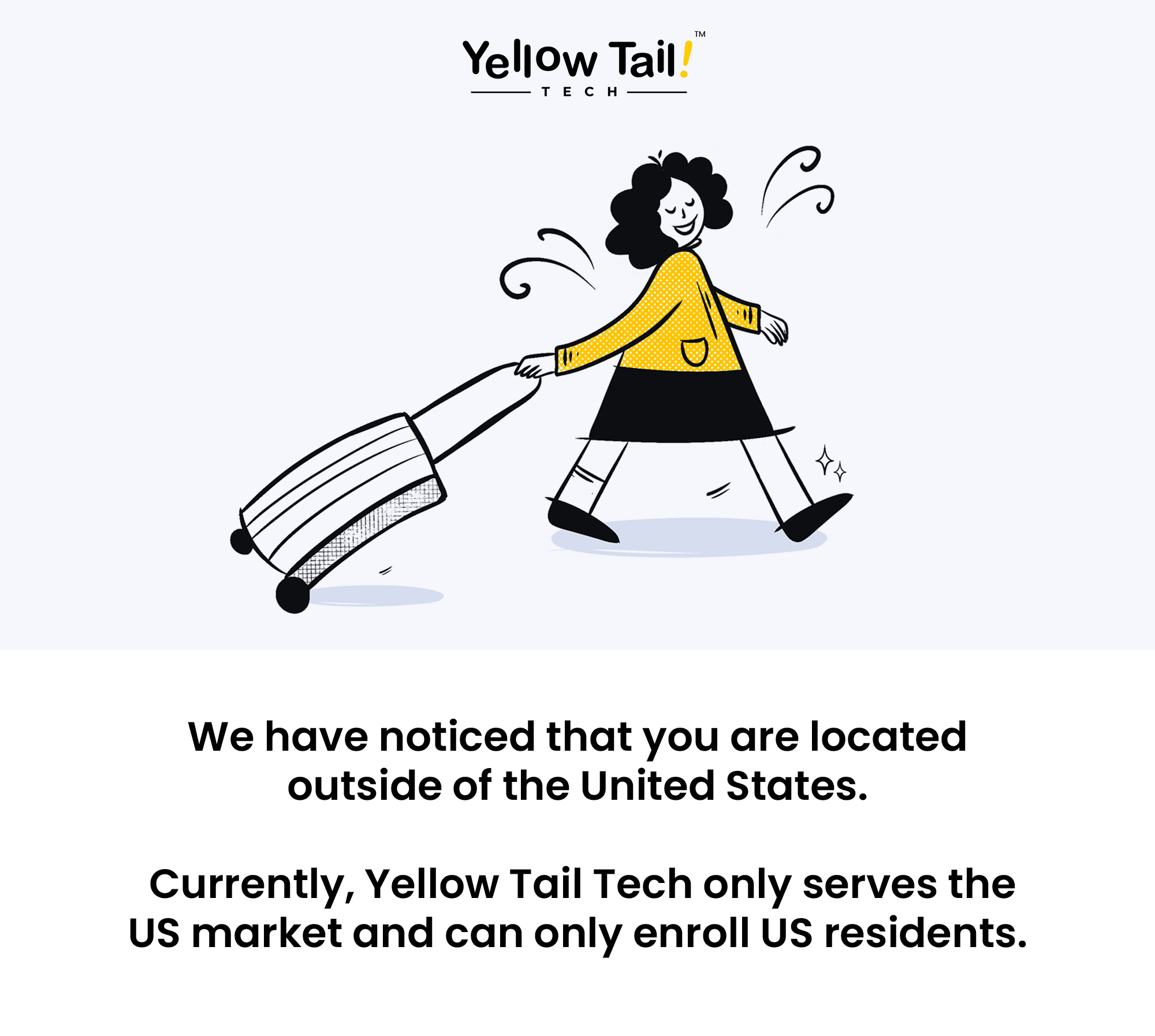AI is no longer confined to labs or private corporations, it’s becoming part of how governments operate. From automating administrative tasks to supporting national security, AI can change how citizens interact with public services. But this shift raises tough questions: Who ensures fairness in algorithms? How can citizens’ data be protected? What if AI decisions go wrong?
To answer these questions, officials have announced the creation of a new council to guide AI use in government. The council will be both watchdog and innovator, ensuring responsible adoption without sacrificing transparency, ethics, or public trust.

Why This Matters Now
Now is the time. The AI era. Governments worldwide are under pressure to modernize services while managing shrinking budgets and rising citizen expectations. AI offers solutions – faster processing of benefits, predictive tools for disaster management, and even AI-powered medical diagnostics in public hospitals.
But with opportunity comes risk. AI systems have already been criticized for bias in policing, errors in welfare assessments, and opaque decision-making. Public trust can erode quickly if these technologies are seen as unfair or unaccountable.
Creating a council to oversee AI in government recognizes both the promise and the peril of this technological wave. By putting safeguards in place now, policymakers are avoiding costly mistakes while encouraging innovation.
The Council
The council was announced this week after months of behind-the-scenes consultation. Senior officials worked with universities, think tanks, and civil society organizations to shape its remit.
According to a government spokesperson, the council will:
- Develop guidelines and standards for the ethical adoption of AI.
- Guide the procurement and deployment of AI technologies in public agencies.
- Monitor and report on the impacts of AI across different sectors.
The council’s work will be transparent, with reports published publicly to ensure accountability.
Composition of the Council
The council includes:
- Government representatives from digital transformation offices and regulatory bodies.
- AI researchers and academics from top universities, providing insight into the latest tech.
- Industry leaders from major tech companies and AI startups will be invited to balance perspectives from established and emerging players.
- Civil society advocates from digital rights, privacy, and marginalized communities are often left out of AI development. This composition aims to balance technical expertise, policy oversight, and the voices of everyday citizens who will be impacted by AI-powered services.
Focus Areas
The council has identified three immediate priorities:
- Ethics and Transparency – AI-driven decisions must be explainable and auditable. Citizens have the right to know how algorithms affect their benefits, healthcar, or justice.
- Data Security and Privacy – Government agencies collect massive amounts of sensitive data. The council will look into best practices for keeping this data safe while enabling innovation.
- Innovation and Public Benefit – Encouraging AI where it can deliver clear benefits, such as reducing wait times in healthcare or making transport systems more efficient.
Longer-term, the council may also look into emerging challenges like AI in national defence, AI and labour markets, and international cooperation.
Implications & Opportunities
If successful, the council could help the government unlock:
- Trust: Citizens may feel more comfortable engaging with digital services if they know AI systems are monitored for fairness and safety.
- Efficiency Gains: Automated tools could reduce bureaucratic delays, and agencies can deliver faster results.
- Global Leadership: By taking a proactive stance, the government can position itself as a model for responsible AI governance and influence international standards.
- Economic Growth: Encouraging responsible AI adoption in the public sector could boost local AI industries, create jobs, and foster innovation.
Risks & Criticisms
Not everyone is convinced. Some experts argue that advisory councils, while well-intentioned, are toothless. Their recommendations can be ignored if political or economic pressures prevail.
Others point to industry capture. With major tech companies involved, there’s a risk that corporate interests will trump ethical priorities. Without strong safeguards, the council could become a platform for lobbying rather than accountability.
Civil liberties advocates stress the need for transparency. If the council’s reports are too technical or limited in scope, the public will remain in the dark about how decisions are made.
Case Studies & Precedents
Governments worldwide are tackling the challenge of AI oversight, each offering lessons:
- European Union: The EU’s AI Act introduced compliance committees and an AI Office to enforce rules on high-risk systems. While comprehensive, critics warn about delays and uneven enforcement across member states.
- United Kingdom: The AI Safety Institute, launched in 2023, tests high-risk AI models and partners with major labs. It’s praised for technical rigor but criticized for lacking enforcement authority.
- Canada: Canada introduced AI ethics guidelines for federal services and recently created the Canadian AI Safety Institute (CAISI), backed by CAD 2.4 billion in funding. Still, enforcement has been inconsistent.
Lessons learned: Oversight bodies must balance speed and accountability. Overregulation risks stifling innovation, while under-regulation can lead to misuse and erosion of public trust.
Expert Commentary
Experts from different fields are commenting on the council’s launch.
AI ethics leader Kay Firth-Butterfield underscores that “biased AI systems could disproportionately harm women and minorities,” and she stresses the pressing need to ensure human oversight in impactful AI deployments and close the digital divide to foster equitable technology access.
An advisory body at the United Nations, representing global expertise, recently urged the creation of inclusive governance mechanisms. Their recommendations include forming an international scientific panel on AI, launching global AI dialogues, and establishing institutional checks to ensure ethical oversight.
Timeline
The council has set out an aggressive timeline. Within the next six months, it will publish its first set of recommendations on procurement standards. This will guide how government agencies evaluate and buy AI systems.
By next year, it will deliver a comprehensive framework on AI ethics in government operations, including rules on algorithmic transparency, citizen recourse mechanisms, and performance benchmarks.
Beyond that, the council will engage with international partners to share best practices and align standards, recognising that AI challenges often cross borders.
Where This Leaves Us
The launch of this advisory council highlights how urgent it is to manage AI use in government responsibly. AI has the power to transform public services for the better—but without strong oversight, it risks creating more problems than it solves.
By uniting government leaders, academics, industry experts, and civil society, the council represents a bold step toward striking the right balance. Its success, however, will depend on political will, transparency, and the ability to turn recommendations into action.For organizations exploring how to prepare for this shift and harness AI responsibly, now is the time to act. Book a 10-minute intro call today to learn how expert guidance can help you stay ahead of the curve.
Frequently Asked Questions
- What is the purpose of the new advisory council?
To guide responsible and ethical AI use in government, transparency, and citizen protection. - Who is on the council?
Policymakers, researchers, industry leaders, and civil society. - What will the council look at first?
Ethics, data security, and innovation in public services. - How do other countries do it?
The EU, UK, and Canada have advisory and regulatory bodies, so examples to follow and to avoid. - When will the first recommendations be published?
Within six months, starting with procurement standards for AI in government agencies.





